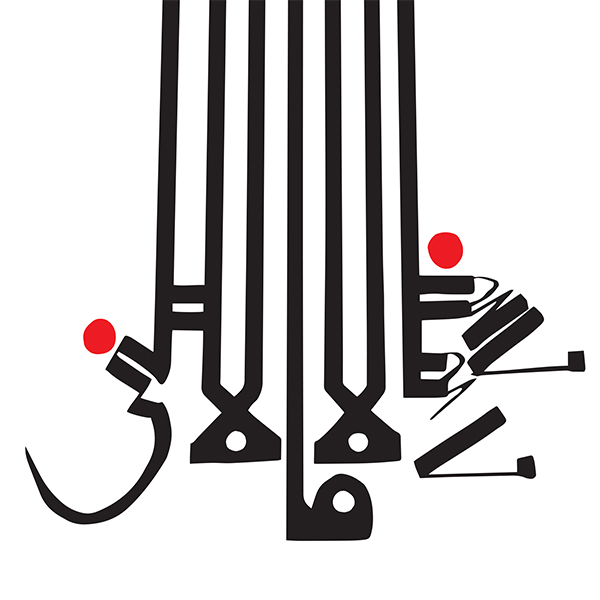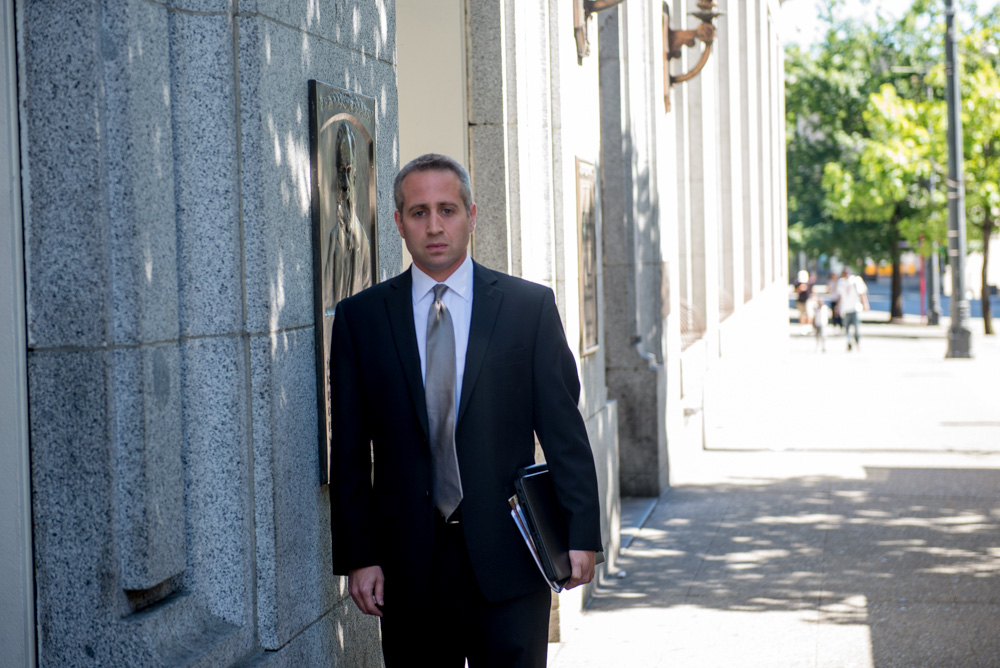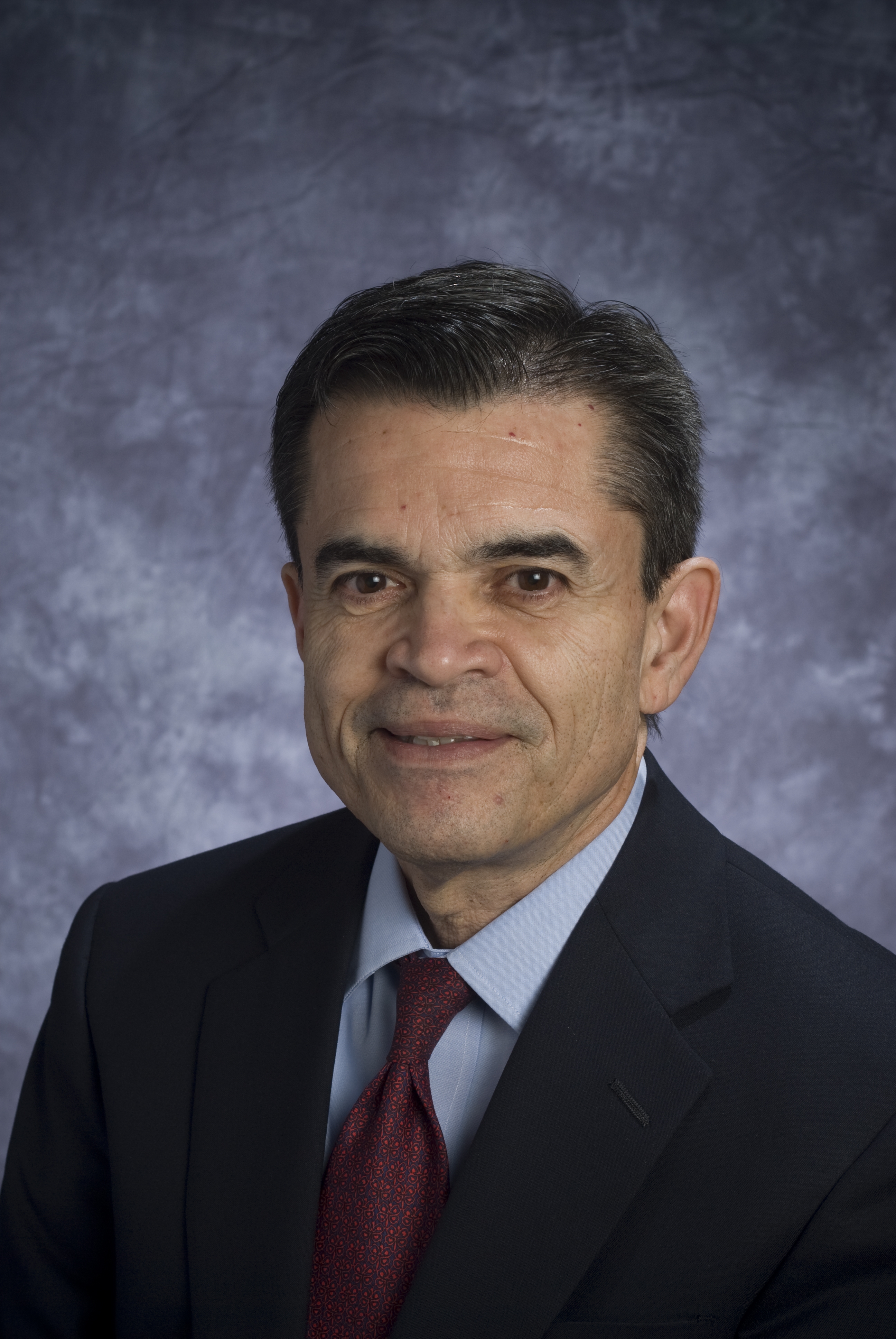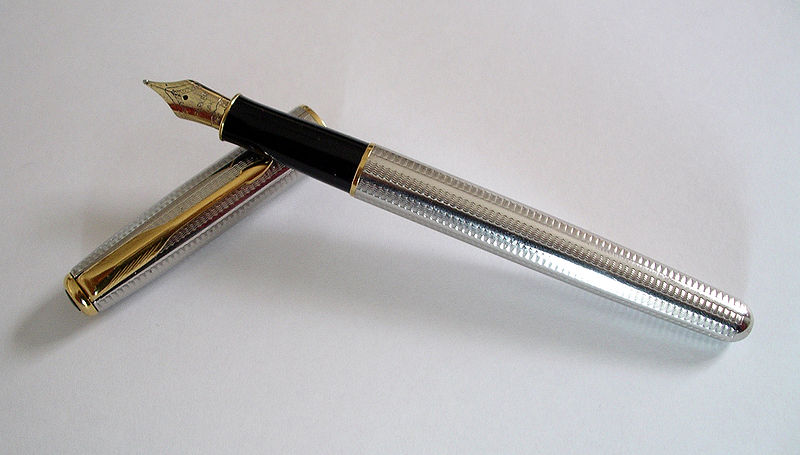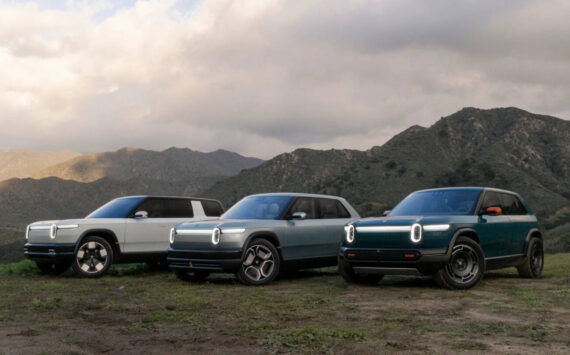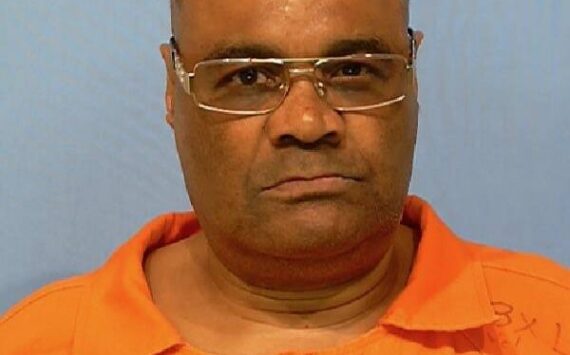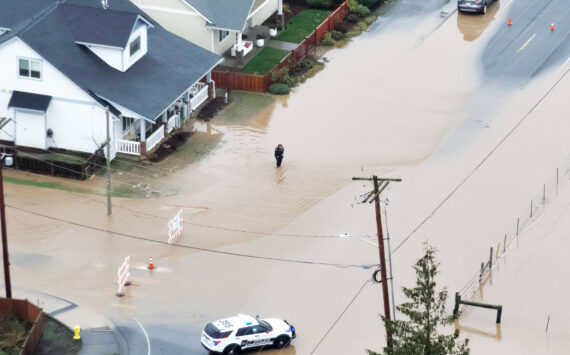UPDATE: Modernize Washington explains why I-1100 is a more ideal privatization initiative than the competition. Washington is one of only 18 states that monopolizes liquor sales. But perhaps not for much longer. There are currently two liquor privatization efforts vying for public attention. And as the submission deadline nears, their supporters are now signaling that each is on track to gather the 241,153 signatures required for inclusion on the November ballot. But other than changing where Washington buys its booze, what would be the implications if either initiative were to pass? Liquor sales contributed around $200 million to the state coffers last year alone. And the biggest question mark hovering over the competing initiatives is how the state will replace that money if it relinquishes control. Last month, Costco threw its considerable weight behind ballot initiative I-1100, taking the perhaps extraordinary step of having its employees gather petitions inside its stores. All told, Costco has donated $107,121 in in-kind contributions to Modernize Washington, the group behind the initiative, for everything from in-store signature gathering to web ads. That’s in addition to the $535,000 in financial donations Costco has contributed thus far. Why is the company so gung-ho? Under Initiative I-1100, the state liquor control board would no longer be able to set price controls. And given that Costco makes its money buying at volume discount, and that I-1100 will only allow retailers that are already licensed to sell beer and wine to apply to sell liquor, there’s possibly a financial bonanza awaiting the company if I-1100 is approved.UnLike 1100, I-1105 only allows anyone who wants to get into the liquor retail business to apply for a license to do so. But the campaign behind it is being funded almost exclusively by contributions from regional liquor distribution companies, all of which have a vested an interest in making sure that Costco isn’t allowed to dominate the market. Modernize Washington could not be reached for comment.Under the Costco backed plan, businesses applying to sell liquor will be required to pay a one time $2,000 application fee, plus an annual licensing fee of $1,000. I-1100 supporters have said that as more retailers apply, the state will see more money. But according to Neuman, it’s unlikely that the relatively inexpensive fees will cover what the state lost in revenue. “Even if more businesses started selling liquor, we would need more liquor stores than we have Starbucks to compensate,” she says. Neuman says that under I-1105, licensing fees will be based on the percentage of sales. It will also allow the state liquor control board to retain the ability to set price controls. But while that might level the playing field for smaller retailers, it may still not be enough to compensate for the money lost if the state gets out of the liquor business. However, both campaigns allow for legislators to raise taxes as they see fit. The deadline to submit signatures is July 2. UPDATE: Sharon Gilpin, spokesperson for Modernize Washington, rejects critics’ allegations that I-1100 will give wholesalers like Costco an unfair advantage.
By eliminating state set liquor controls, Gilpin says I-1100 will instead drive competition. The resulting increase in business taxes and fees collected by the state should help replace the some of the lost revenue, she says.
